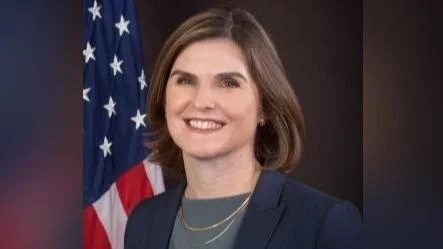Five years after the death of George Floyd, Catholic leaders reflect on the ongoing struggle against racism within the Church. Bishop Mark J. Seitz of El Paso, Texas, who knelt in solidarity with Black Lives Matter shortly after Floyd's death, emphasized that there is still "serious work that needs to be done" to address racial issues.
Floyd died on May 25, 2020, when a white officer, Derek Chauvin, knelt on his neck for over eight minutes during an arrest. The incident sparked widespread protests and highlighted racial injustice in the United States. Chauvin was later convicted of murder.
The response from religious communities included calls for peace and justice. Archbishop Bernard A. Hebda of St. Paul and Minneapolis participated in citywide prayers and ecumenical gatherings following Floyd's death.
Bishop Seitz noted that saying "Black lives matter" was crucial despite controversies surrounding the phrase's association with Marxist principles by some groups. He stressed that rejecting this message was damaging as it denied historical injustices faced by people of color.
Gloria Purvis, a Catholic media personality, pointed out that many Catholics were resistant to discussing race or recognizing racism as a sin even after witnessing Floyd's murder. She criticized certain Catholics for holding movements like Black Lives Matter to unrealistic standards while overlooking similar discrepancies in pro-life organizations.
Cynthia Bailey Manns from St. Joan of Arc Parish in Minneapolis mentioned Floyd's death at international church discussions on racism and continues to advocate for healing within denominations.
Bishop Joseph N. Perry expressed optimism about young adults' engagement with racial justice issues and urged Catholics to embrace diversity within worship settings.
Overall, Catholic leaders agree that listening and empathy are essential for reconciliation and healing from racism within the Church.
 Alerts Sign-up
Alerts Sign-up






